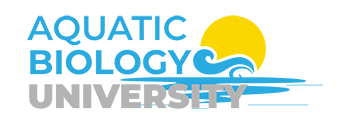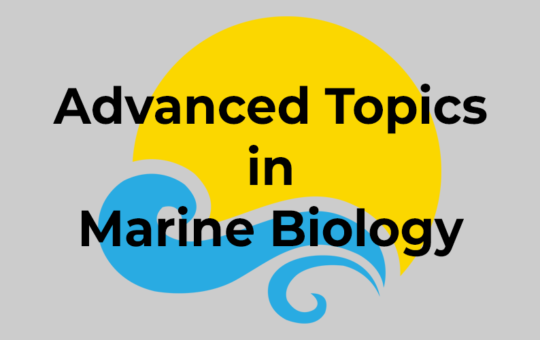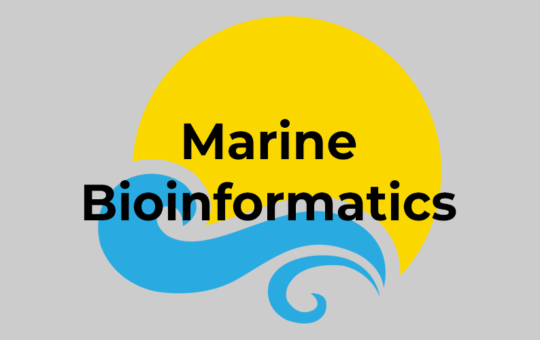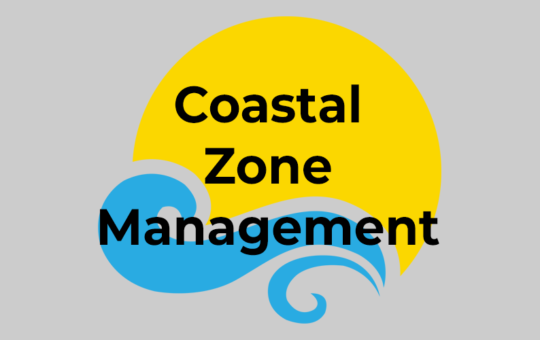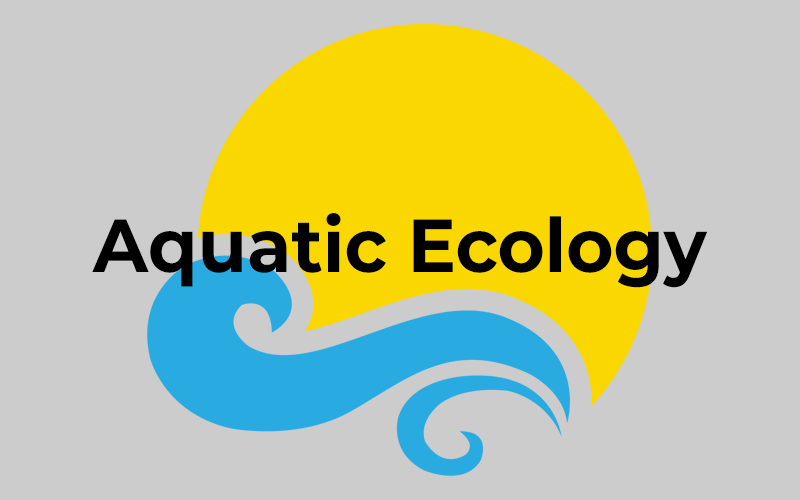
Aquatic Ecology
Aquatic Ecology explores the complex interactions between organisms and their environment within freshwater and marine ecosystems. This course provides a detailed understanding of ecological principles and processes that govern aquatic environments, such as nutrient cycling, primary productivity, and energy flow. Students will examine various ecological concepts, including food webs, trophic levels, and community dynamics, to understand how aquatic ecosystems function and sustain life. The course highlights the importance of biodiversity and the roles different species play in maintaining ecological balance, emphasizing the interconnectedness of all components within aquatic systems.
In addition to theoretical knowledge, the course addresses the practical aspects of studying and managing aquatic ecosystems. Students will learn about the methods and techniques used in ecological research, including field sampling, data analysis, and ecological modeling. The course also covers the human impact on aquatic ecosystems, discussing pollution, habitat destruction, invasive species, and climate change, and exploring strategies for conservation and sustainable management. Through a combination of lectures, fieldwork, and laboratory exercises, students will develop a comprehensive understanding of aquatic ecology and the skills necessary for careers in environmental science, conservation, and ecological research.
Curriculum
- 4 Sections
- 12 Lessons
- 1 Quiz
- 0m Duration
Section 1: Introduction to Aquatic Ecology
- Chapter 1: Overview of Aquatic Ecosystems
- Chapter 2: Physical and Chemical Properties of Aquatic Systems
- Chapter 3: Primary Productivity in Aquatic Systems
Section 2: Interactions Among Aquatic Organisms
- Chapter 4: Trophic Levels and Food Webs
- Chapter 5: Predator-Prey Interactions
- Chapter 6: Competition and Symbiosis
Section 3: Ecosystem Dynamics and Processes
- Chapter 7: Nutrient Cycling in Aquatic Systems
- Chapter 8: Succession in Aquatic Ecosystems
- Chapter 9: Ecosystem Stability and Resilience
Section 4: Human Impact on Aquatic Ecosystems
- Chapter 10: Pollution and Eutrophication
- Chapter 11: Climate Change and Aquatic Ecology
- Chapter 12: Conservation and Management of Aquatic Ecosystems
- Course 4: Aquatic Ecology - Assessment Test
